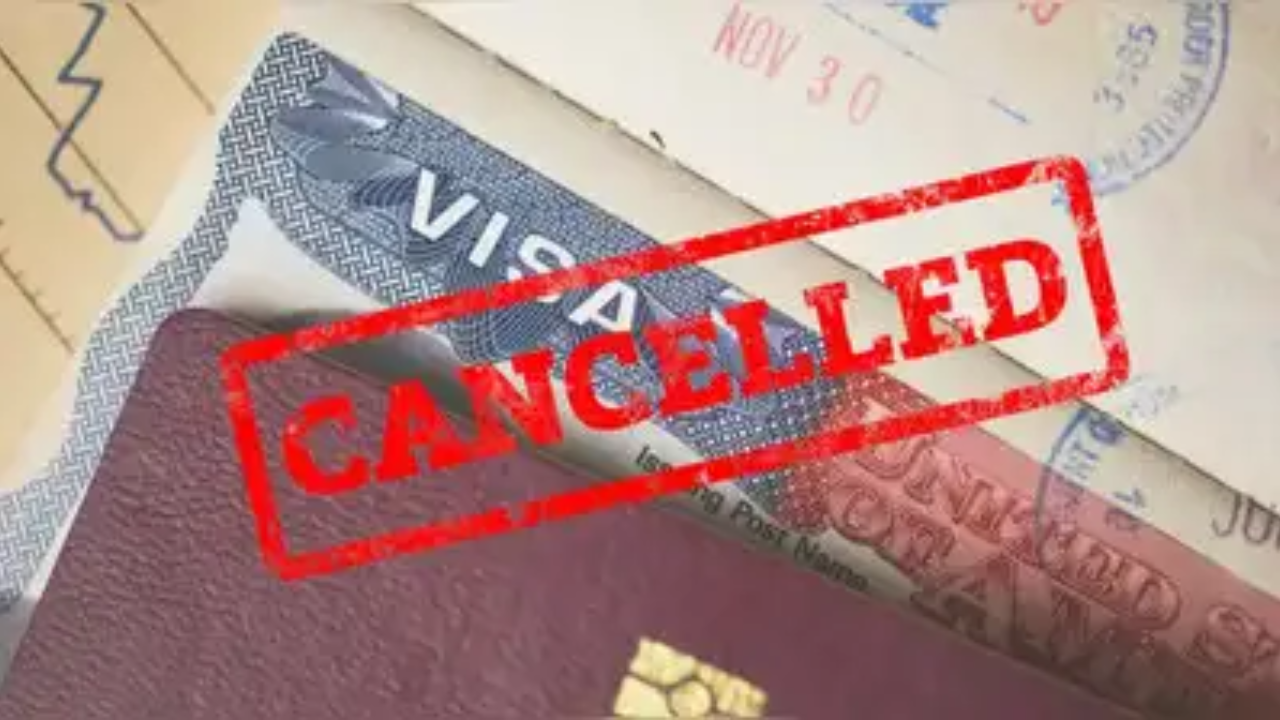The Optional Practical Training (OPT) program, a vital pathway allowing hundreds of thousands of international students to work legally in the United States after graduation, is now under serious threat. Joseph Edlow, President Donald Trump’s nominee for Director of U.S. Citizenship and Immigration Services (USCIS), has proposed ending the OPT program, raising alarms among international student communities, particularly those from India, China, and other major countries sending students to the U.S.
At a recent Senate Judiciary Committee hearing, Edlow criticized how the OPT program has been implemented, saying it has been “misapplied.” He suggested that work authorization should be limited strictly to periods when students are actively enrolled in school, effectively eliminating the post-graduation work period that OPT currently allows. This dramatic change would cut off international graduates from gaining crucial work experience in the U.S., severely impacting their career development and future prospects.
What Is the OPT Program?
The OPT program enables eligible international students holding F-1 visas to work in the United States for up to 12 months after completing their studies. Certain STEM (science, technology, engineering, and mathematics) graduates can apply for a 24-month extension, allowing up to three years of work authorization. This program is designed to give foreign students practical experience in their fields of study and to support U.S. employers in accessing global talent.
According to U.S. Citizenship and Immigration Services (USCIS), over 240,000 international students participated in OPT or STEM OPT in the 2023/24 academic year. Many of these students contribute significantly to the American economy, innovation sectors, and cultural diversity.
The Potential Impact of Ending OPT
If Edlow’s proposal goes through, thousands of students who currently rely on OPT to stay in the U.S. and work after graduation would lose this opportunity. For many, this program is a critical bridge to employment, allowing them to build experience, pay off student loans, and possibly qualify for other visa categories or green cards.
International students, particularly from India and China, have voiced deep concern. The OPT program is one of the few legal work avenues available to them after studies. Without it, they may face forced deportation or abrupt ends to their stay, causing uncertainty and distress.
Legal Pushback and Visa Terminations
The proposed changes come amid broader immigration enforcement actions targeting foreign students. Earlier in 2025, Immigration and Customs Enforcement (ICE) abruptly terminated the student visas of more than 4,700 international students, many without warning or explanation. This sudden move drew widespread criticism from universities, advocacy groups, and lawmakers.
In response, a federal judge in California issued a nationwide injunction blocking the Trump administration from revoking the legal status of international students while legal challenges remain pending. The court emphasized the importance of due process and the need to avoid disrupting students’ lives without proper justification.
The Department of Homeland Security (DHS) oversees ICE and USCIS and provides updates on immigration policies on its official site (dhs.gov).
USCIS Role and Future of Immigration Policies
USCIS manages lawful immigration to the United States, including the processing of visas, green cards, and citizenship applications. The director’s stance influences policies that directly affect immigrants, including international students.
Joseph Edlow, the Trump nominee, has signaled a stricter approach toward immigration and visa programs, with the stated goal of “protecting American jobs” and ensuring immigration rules are not abused.
More information about USCIS programs and policies can be found on the official USCIS website (uscis.gov).
International Student Communities Brace for Impact
The potential dismantling of OPT has alarmed university administrations, student groups, and immigration attorneys who fear a chilling effect on the attractiveness of the U.S. as a destination for global talent.
Many international students choose the U.S. for its top universities and promising job markets. Losing OPT would remove one of the few incentives to study and work here, possibly leading to a drop in enrollment and economic impacts for educational institutions and businesses that benefit from international talent.
As Edlow’s nomination proceeds through the Senate confirmation process, student advocacy groups and immigration lawyers are preparing to challenge any policy changes that would end or drastically reduce OPT.


